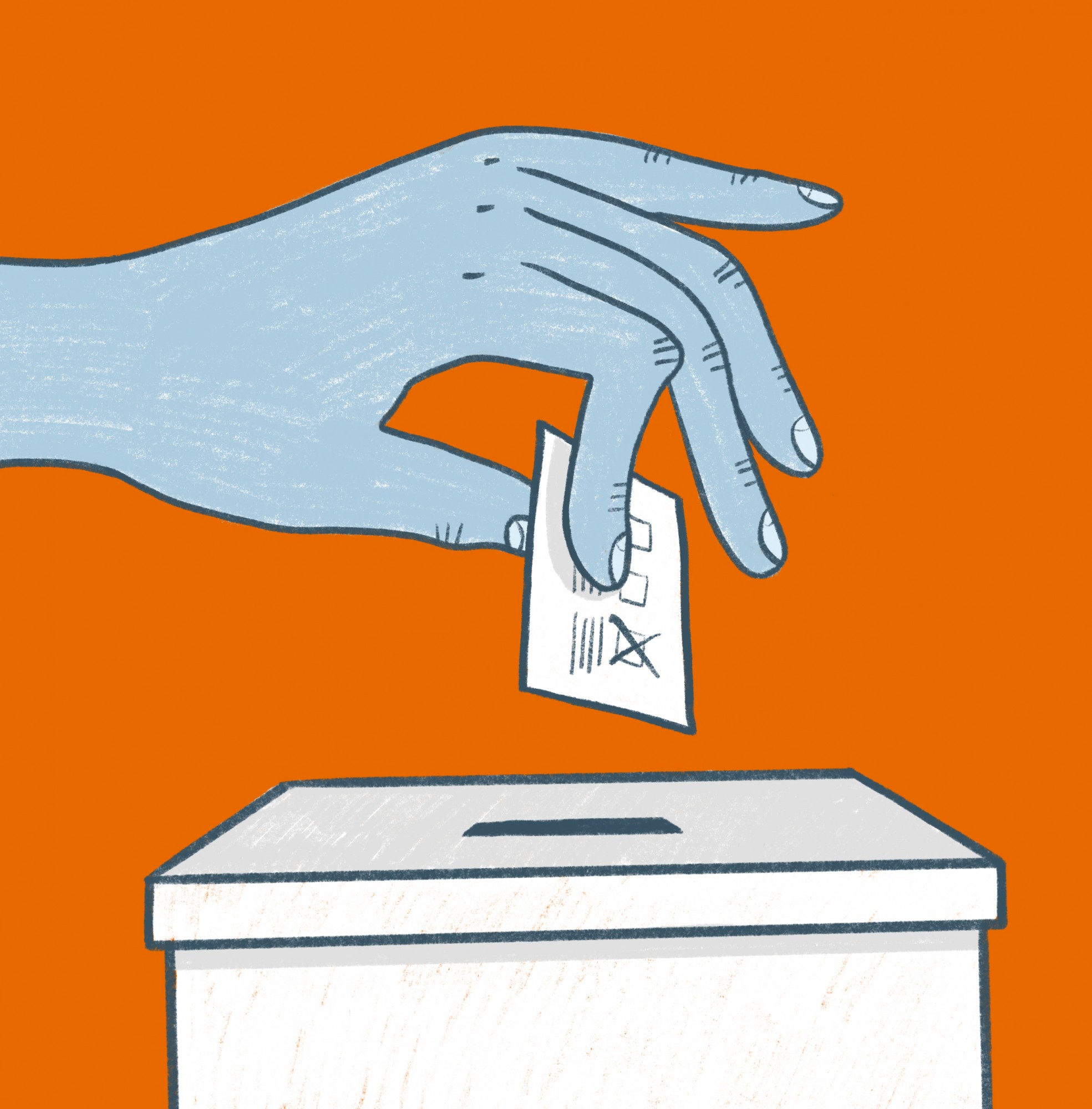After several years of complaints and last spring’s controversial student government elections, the University of Minnesota is taking a larger role this year in the election process, which used to be primarily controlled by students.
The University student government elections for the Minnesota Student Association, the Council of Graduate Students and Professional Student Government were previously overseen by the All Campus Elections Commission student group, with help from administration.
Last month, the University dissolved the ACEC with little student input. Now, elections will be conducted by a representative from Student Unions and Activities, and a three-student advisory committee, each of whom will be independent from the various student governments to avoid conflict of interest. With its new model, SUA said it hopes to “increase efficiency” and find a “better way to run [student government] elections.”
The student government elections process will begin in February.
For the last couple of years, ACEC has come under fire for issues such as not following their own bylaws, unfair promotion of particular candidates and a lack of voter turnout.
ACEC was also accused of “anti-democratic” voting policies, such as excluding professional students from the voting process during a controversial referendum calling for the University to divest from companies supporting Israel.
After these concerns, some students expressed excitement for the coming changes to who oversees the elections. “The changes are kind of necessary I think,” said Andrew Durkot, vice president of PSG. “From what I gather, this is still ongoing. We are still trying to figure out how everything is going to shake out.”
Others, however, have expressed concern that the new model may interfere with student voices being properly heard, seeing it as more of an initiative now run by SUA than a student group.
In the past, the University has avowed that it is legally and financially independent of student governments.
“That’s a little concerning because it feels like they are taking away the election process from students,” MSA’s Representative to the Student Senate Consultative Committee, Briggs Tople, said.
Other students within MSA said they wished the administration had come to them sooner with the changes and allowed for more time for student governments to submit their own proposed changes to the new model and elections process.
MSA parliamentarian James Farnsworth, said they received no notice from administration regarding these changes until Dec. 19, the last official day of classes for students before winter break.
When it comes to administration and student government organizations working together, campus elections are usually run hand-in-hand between the two, according to Ernest Ezeugo, policy director for the National Campus Leadership Council. The amount of involvement is “institution to institution,” but students are usually the ones “leading the charge.”
Students were given until Jan. 17 to give feedback regarding SUA’s changes.
SUA Student Services Manager Erik Dussault said he did not foresee the larger student body noticing much of a difference in the upcoming elections.
When asked about maintaining student independence from administration in the election, Dussault said the process is student-run and student voices are heard.
“I don’t think it’s really a question of independence,” Tople said. “I think it still honors our independence and autonomy. I think it’s that we have our voices heard no matter what . . . I wish they would’ve have the meeting a little bit sooner . . . The entire process seems like it’s been pretty rushed.”








